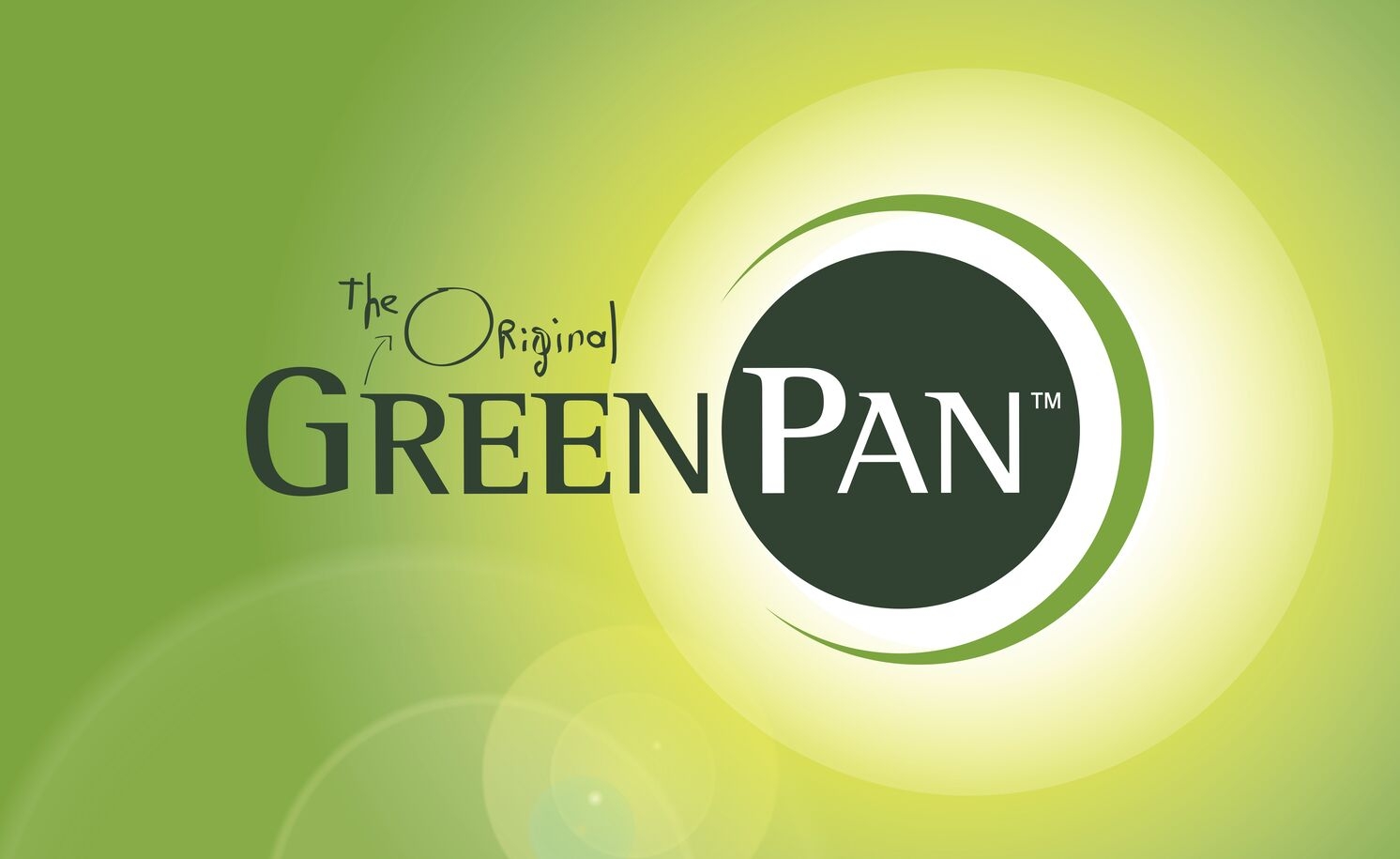Music helps with chemo brain

Not only chemotherapy, but also radiation and hormone therapy can result in a chemobrain. This is what is called the set of complaints related to various brain functions, such as memory, concentration, but also finding words, planning tasks, and so on. A proportion of women and men treated for breast cancer experience this. Not much is yet known about the causes of chemobrain. What is striking is that this phenomenon occurs mostly after treatment for a cancer that does not affect the brain. There is no clear treatment for chemobrain. Nor has it been shown so far that brain training, such as completing crosswords, reduces the problems.
Classical music
Recent research brings a bright spot: listening to relaxing music every day appears to improve symptoms. The study was conducted at the University of Texas on 27 women who had been treated for breast cancer and subsequently developed a chemobrain. They were divided into two groups. One group listened to classical music (Mozart, Bach, Beethoven, Tchaikovsky) for 12 minutes daily while the other group listened to a meditation session for 12 minutes. After eight weeks, all the women felt better: they could remember words better, their focus improved and they could plan better. On top of that, the group that listened to music also felt better mentally. They were less tired and experienced less stress. In fact, this group reported that they had enjoyed listening to music every time.
Practical Tips
The study's lead researcher offers the following tips for women with breast cancer who struggle with a chemobrain: put together a playlist of classical or instrumental music without vocals. Sit in a comfortable chair, put on headphones and close your eyes. If you find 12 minutes too long, start with listening to music for five minutes a day and build up to 12 minutes. If you find it helps you relax and lifts your mood, make it a daily habit. If it's still not for you and only makes you more nervous, try meditation exercises, via a podcast for example.
Continue reading

Breast cancer rehabilitation with yoga

Book review: on the touch, sexuality after cancer


.png)












.png)
















